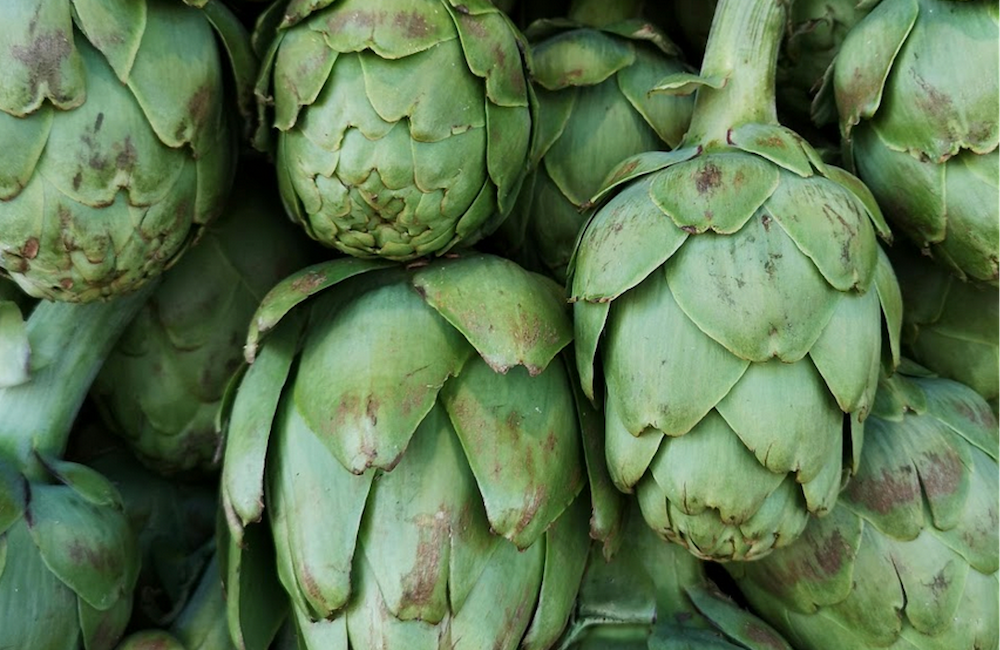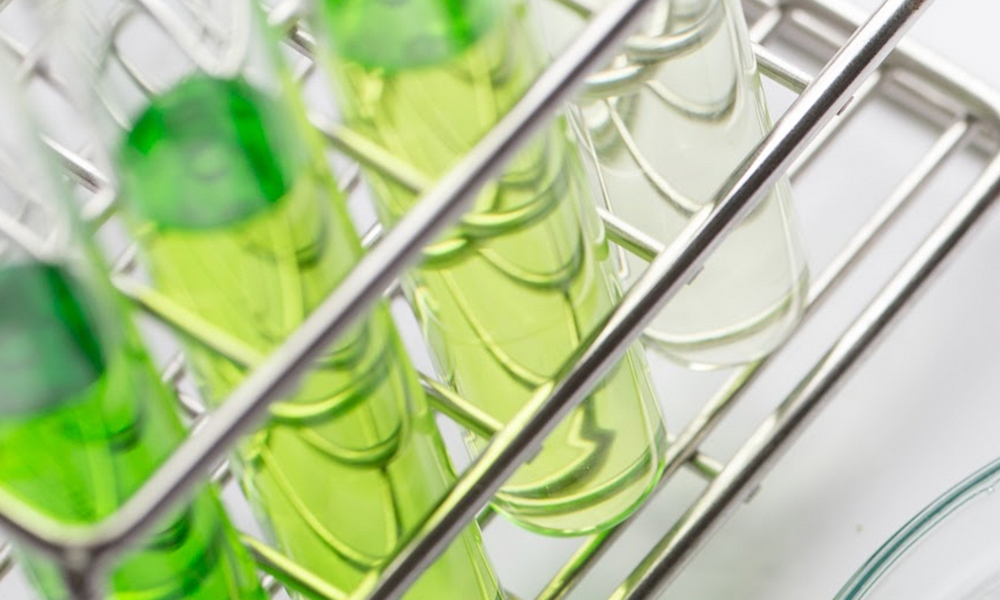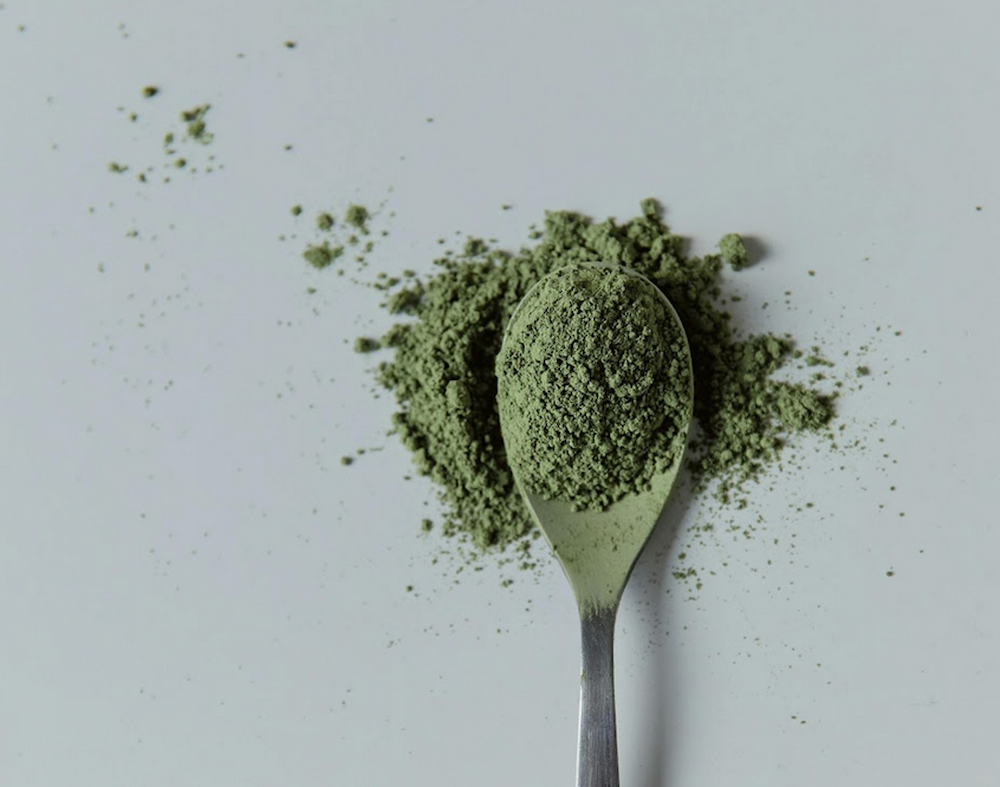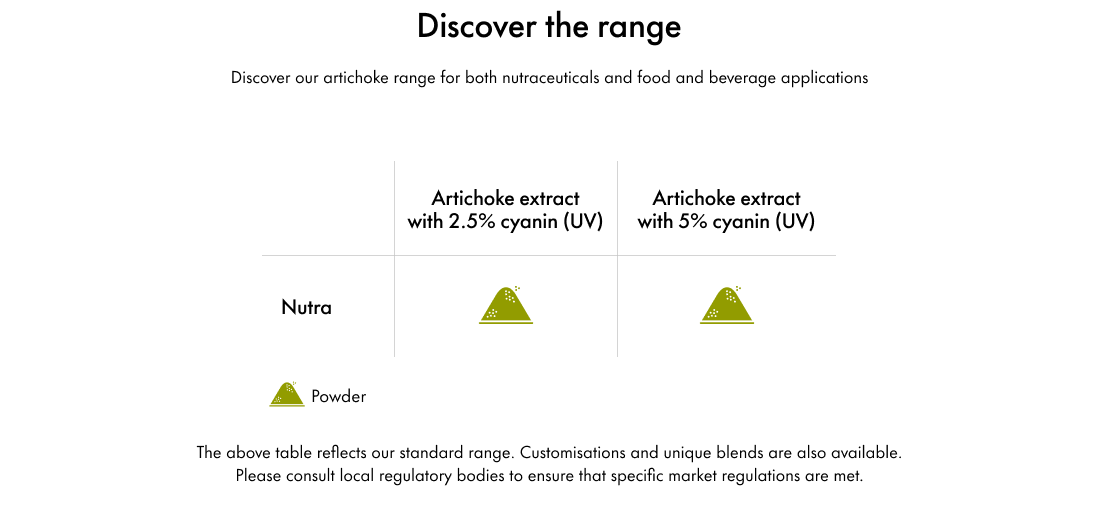





Supports liver health
Multiple meta-analyses support artichoke’s protective effect on the liver ³ ⁴ ⁵
Long traditional use for gut health
Artichoke’s use is supported by an EMA monograph⁸
A kitchen staple
Artichoke is a well-known component of the Mediterranean diet
Responsibly sourced
Our artichoke is sustainably grown in Spain and France

Artichoke is rich in bioactive compounds such as cynarin and chlorogenic acid, which exhibit antioxidant and anti-inflammatory properties.⁹
Clinical studies, including several meta-analyses³ ⁴ ⁵ demonstrate that artichoke leaf extract can have a protective effect on the liver. Elevated liver enzymes are typically one of the first signs of poor liver health.¹⁰ The studies reviewed in the meta-analyses showed positive effects on liver health (ALT and AST enzyme) and lipid profiles (LDL, cholesterol, triglycerides), especially in individuals with metabolic issues.
While the EMA monograph is supportive of artichoke for digestive health⁸, most of the clinical research focuses on its use for liver health. One clinical study found that artichoke may alleviate digestive symptoms and improve overall quality of life compared to control in a healthy population with dyspepsia symptoms.²

Sourced in Spain, France, Poland and Italy our artichoke is cultivated according to the principles of our Sourcing4Good programme. As a company, Givaudan is committed to sourcing all materials and services in a way that protects both people and planet by 2030. We work directly with the farmers in order to achieve the highest quality product by employing good agricultural practices and reducing inputs to improve soil fertility. Resources are optimised through the use of state-of-the-art technologies to monitor the crop. Our suppliers are also reducing their carbon footprint through the installation of solar panels and biogas facilities. Gentle drying and sorting processes are used in order to obtain the highest quality material.



























Generally considered healthier and more nutritious than the other main cereals, oats offer a full range of benefits in a single ingredient. OatWell™ can be provided in three different concentrations of beta-glucans, all delivering both soluble and insoluble fibres, along with an average of 21% - 23% protein.
OatWell™ uses a unique production process to fractionate the oat kernel into three product lines: beta-glucan products, oat flours, and oat oils. Our production process preserves the native structure of oat beta-glucans, retaining their high molecular weight during fractionation into oat brans with a high amount of beta-glucans.


The molecular weight of oat beta-glucan is essential to delivering health benefits. OatWell™'s beta-glucan has a very high molecular weight (2000-2500 kDa as naturally found in oats), which contributes to its unique viscosity and thickening properties. This viscosity has an important impact on physiological functions, such as reducing blood cholesterol levels, moderating blood glucose and insulin levels, and potentially benefiting satiety.
Benefits of OatWell’s high molecular weight:







The prebiotic effects of oat bran fibre have been validated through years of research. In a review by Malkki and Virtanen, they cite: “in the large bowel, soluble dietary fibre increases the fermentation activity, especially production of butyric acid, enhances growth and colonisation of some probiotic bacterial strains, increases production of microbial mass and thereby aids the removal of nitrogen via faeces. It also increases wet weight of stools, thereby alleviating constipation”.²¹
Research conducted on oat beta-glucan demonstrates that it meets three important criteria, confirming its status as a prebiotic fibre:¹ ²




